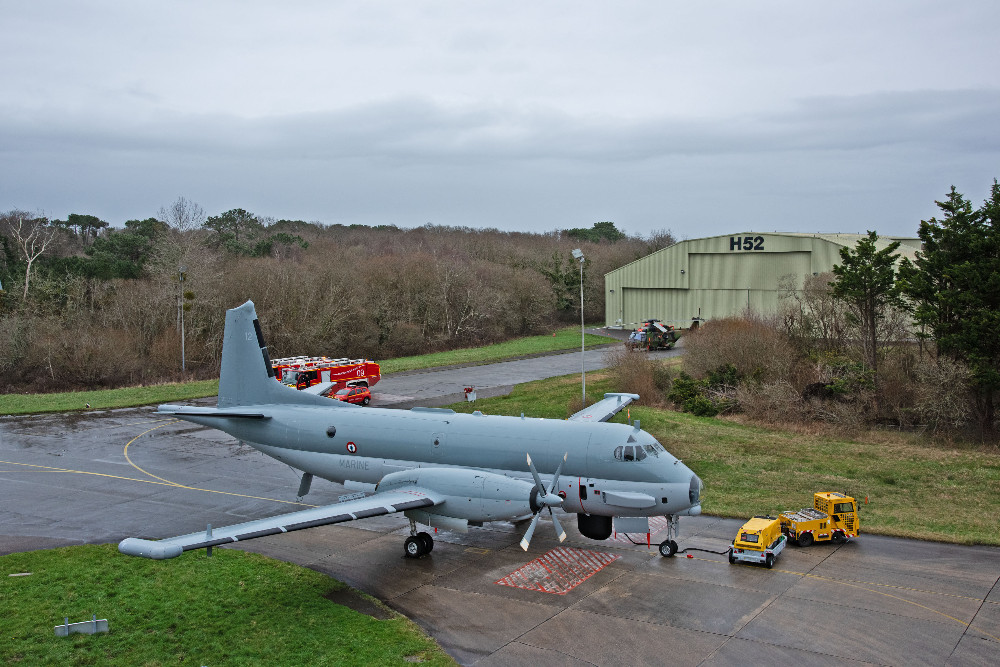The West as a model?
The example set by the West is increasingly raising doubts in the world, and US strategy is being questioned, even by America’s staunchest allies. All of which is resulting in a weakening of the West’s influence on world affairs.
In an environment that has deteriorated following the hopes raised by the fall of the Berlin Wall and the collapse of the Soviet Union, three factors whose consequences are not yet clear stand out:
· renewed determination by the United States to regain the initiative and stay on top in all fields;
· Russia’s revival as an independent world actor;
· the new approach to transatlantic and European affairs taken by the French presidency.
Nobody would deny that the interaction of the first two of these is, and will continue to be, a source of tension, as seen in, for instance, Iran’s current policy or the US anti-missile shield. And that interplay will be bound to have consequences for the French presidency’s initiative, which is raising many questions in France, and within the European Union and NATO.
There are two types of argument over missile defence:
· political; Russia and China consider that this project will result in further proliferation and a renewed arms race;
· technical: many experts point out the associated costs and an effectiveness that is less than 100 per cent.
On top of that, some question the true objective of the United States, which has traditionally devoted only modest sums to the associated research and development. They ask whether this might not be an operation designed to get the European Union to expend from its basically limited budget funds that would otherwise be devoted to areas essential to its autonomy or even its sovereignty.
In any event, the European Union should now turn its attention to the detail of this question.
In the coming months France’s place in NATO and the relationship between European Security and Defence Policy and NATO will continue to exercise our minds. In the current issue we include a special feature on NATO.






_astronaut_Sophie_Adenot_(jsc2025e058846_alt).jpg)

